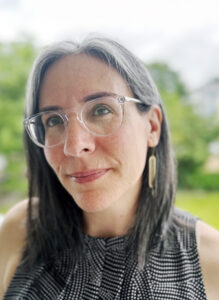Mentoring as Poetry
By Rebecca Altepeter, Head of School
 If you are reading this article about mentoring leaders, then you are likely already an educational leader yourself. You probably embody the values of servant leadership, including empathy, self-awareness and humility, and you know what it takes to publicly and repeatedly make mistakes and use the opportunities to demonstrate personal and professional growth.
If you are reading this article about mentoring leaders, then you are likely already an educational leader yourself. You probably embody the values of servant leadership, including empathy, self-awareness and humility, and you know what it takes to publicly and repeatedly make mistakes and use the opportunities to demonstrate personal and professional growth.
You likely agree that the hardest part of leading is the complexity of human relationships and the responsibility of negotiating the inevitable conflicts that arise from working in teams of beautiful, messy people.
So what can I offer you?
Perhaps it is poetry. Not an actual poem about mentoring other leaders to skillfully build relationships with those they serve in order to achieve their goals – although the emotional and all-encompassing work that goes into it could inspire volumes. But I offer you and those you mentor the idea that leadership is like poet Benjamin Gucciardi’s description of poetry, “the instinct to climb into the darkness to sing.”
Leadership is not all darkness – much of the time it is lightness – but the hard parts are hard and sometimes very dark – most often so because they are related to inter and intrapersonal conflicts. Most of the time mentoring leaders centers around helping them navigate their relationships with those they lead and/or serve: building the relationships, nurturing them, repairing them, repeat. Repairing relationships demands crawling into the darkness – of ourselves and others – and finding a way to harmonize.
I have found that when the repairing is most painful and calling on the vulnerable parts of a leader, examining the problem as I might a poem can help. My favorite poems force me to ask:
- What does this poem seem to be saying?
- What am I likely to be missing?
- What is the beauty in the poem? The ugliness? The hidden, dark, unknowable parts?
- What can I learn from this poem?
- How does this poem change me?
You might ask those questions of your leaders when they are faced with a relationship-repair problem: replace the word “poem” with “relational dynamic” – and you can help others sing.
